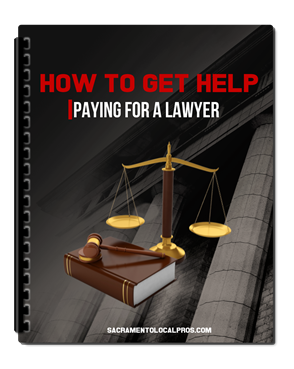Planning for your estate is a vital step in safeguarding your legacy and ensuring peace of mind for you and your family.
Whether your estate consists of substantial investments or a few cherished possessions, a meeting with an experienced estate planner can guide you to ensure your plans align with your wishes.
To help you prepare effectively, we’ve crafted a straightforward guide outlining eight essential steps.
Read on to discover how you can make the most of your first consultation and set a solid foundation for your estate planning journey.
1)) Organize Your Documents
Before meeting with an estate planner, gather all relevant documents such as wills, trusts, deeds, and insurance policies.
Having these documents organized and easily accessible will make the planning process more efficient.
2)) Outline Your Goals
Think about what you want to achieve through estate planning. Do you want to minimize taxes, protect assets from creditors, or ensure that your children are taken care of?
Having a clear idea of your goals will help the estate planner tailor a plan that meets your needs.
3)) Make A List Of Questions
Don't be afraid to ask questions during your meeting with the estate planner.
Write down any concerns or uncertainties you have about the process so that you can address them during the consultation.
4)) Consider Your Family Dynamics
Take some time to think about how your family dynamics may impact your estate plan.
Are there any family members who may need special provisions or considerations?
Communicating these dynamics to the estate planner will help them create a plan that takes into account all relevant factors.
5)) Be Open And Honest
It's important to be open and honest with your estate planner about your financial situation and personal circumstances.
This information will help them create a plan that aligns with your values and priorities.
6)) Review Beneficiary Designations
Make sure to review all beneficiary designations on retirement accounts, life insurance policies, and other accounts before meeting with an estate planner.
Updating these designations as needed will ensure that your assets are distributed according to your wishes.
7)) Discuss Legacy Planning
If leaving a legacy is important to you, discuss this with the estate planner during your meeting.
They can help you explore options for charitable giving or setting up trusts for future generations.
8)) Follow Up After The Meeting
After meeting with an estate planner, take time to review any materials provided and follow up on any action items discussed during the consultation.
Stay engaged in the planning process to ensure that your wishes are accurately reflected in your final estate plan.
Conclusion
Embarking on the journey of estate planning can be a significant step towards securing your family’s future and preserving your legacy.
By diligently following these eight essential steps, you empower yourself with the knowledge and preparedness needed to maximize the effectiveness of your initial meeting with an estate planner.
Comprehensive estate planning is intricately personal and adaptable, designed to align with your unique circumstances and aspirations.
Maintain open communication with your estate planner, as your transparency will pave the way for a customized strategy that truly mirrors your wishes.
By investing time and effort today, you ensure a smooth passage for your assets tomorrow, granting peace of mind for both you and your loved ones.
Download Our Free E-book!







